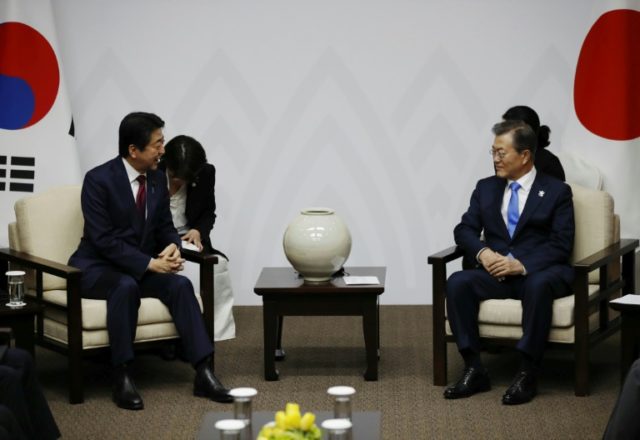A pro-unification South Korean group called the Korean Council for Reconciliation and Cooperation (KCRC) announced on Thursday that it will send a delegation to North Korea on July 16 to work on recovering the remains of Koreans forced to work for Imperial Japan as slaves during the World War II era.
“There are many remains of forced workers which have not been returned to us from Japan. That is what the South and the North are trying to do,” said KCRC president Kim Hong-gul, the son of former South Korean President Kim Dae-jung, as quoted by Yonhap News.
Kim said the North Korean government has tentatively agreed to work on a joint project to recover the remains, while the South Korean government has not yet given its official approval. The goal of the project is to identify as many remains as possible and return them to their families, with the rest buried together in a location easily accessible by both North and South Koreans, probably somewhere along the Demilitarized Zone.
“If things go as planned, we will announce its official launch before the end of July in Japan by bringing together representatives from the South, the North, and Chongryon and other Japanese civic organizations,” he said, referring to a civic association of Koreans living in Japan.
A possible hindrance to the project is that North Korea’s relations with Japan have not thawed at the same pace as its relations with South Korea or the United States. On Thursday, North Korean diplomat Ju Yong-chol who was attending the U.N. Conference on Disarmament in Geneva gave Japan a stern lecture about keeping its nose out of affairs on the Korean peninsula.
Ju was directly referring to Japan urging North Korea to live up to its denuclearization commitments, but the larger backdrop of this diplomatic spat is that Japanese Prime Minister Shinzo Abe has been pushing hard for North Korea to account for Japanese citizens it kidnapped in decades past. Pyongyang has accused Abe of trying to sabotage negotiations with “petty tricks” by making this demand.
There is also a long history of Japanese discomfort with discussions of how Imperial Japan treated Koreans during the colonial period. The topic has been controversial between Tokyo and Seoul since long before there were serious thoughts of inviting Pyongyang into the conversation. To put it bluntly, involving the North Koreans is unlikely to charm the Japanese into cooperating more enthusiastically with repatriation.
A South Korean commission said in 2015 that the remains of almost 2,750 Koreans forced to work in Japan during World War II have been found. Well over a million Koreans were reportedly coerced into laboring for the Japanese war machine.
A few hundred remains were repatriated from Japan to South Korea, but the South Korean government cites Japanese records to contend that about 2,770 sets of remains in various parts of Japan have yet to be returned. Another 20,000 sets of Korean remains, including soldiers and workers, are thought to be scattered across World War II’s Pacific battlefields.

COMMENTS
Please let us know if you're having issues with commenting.